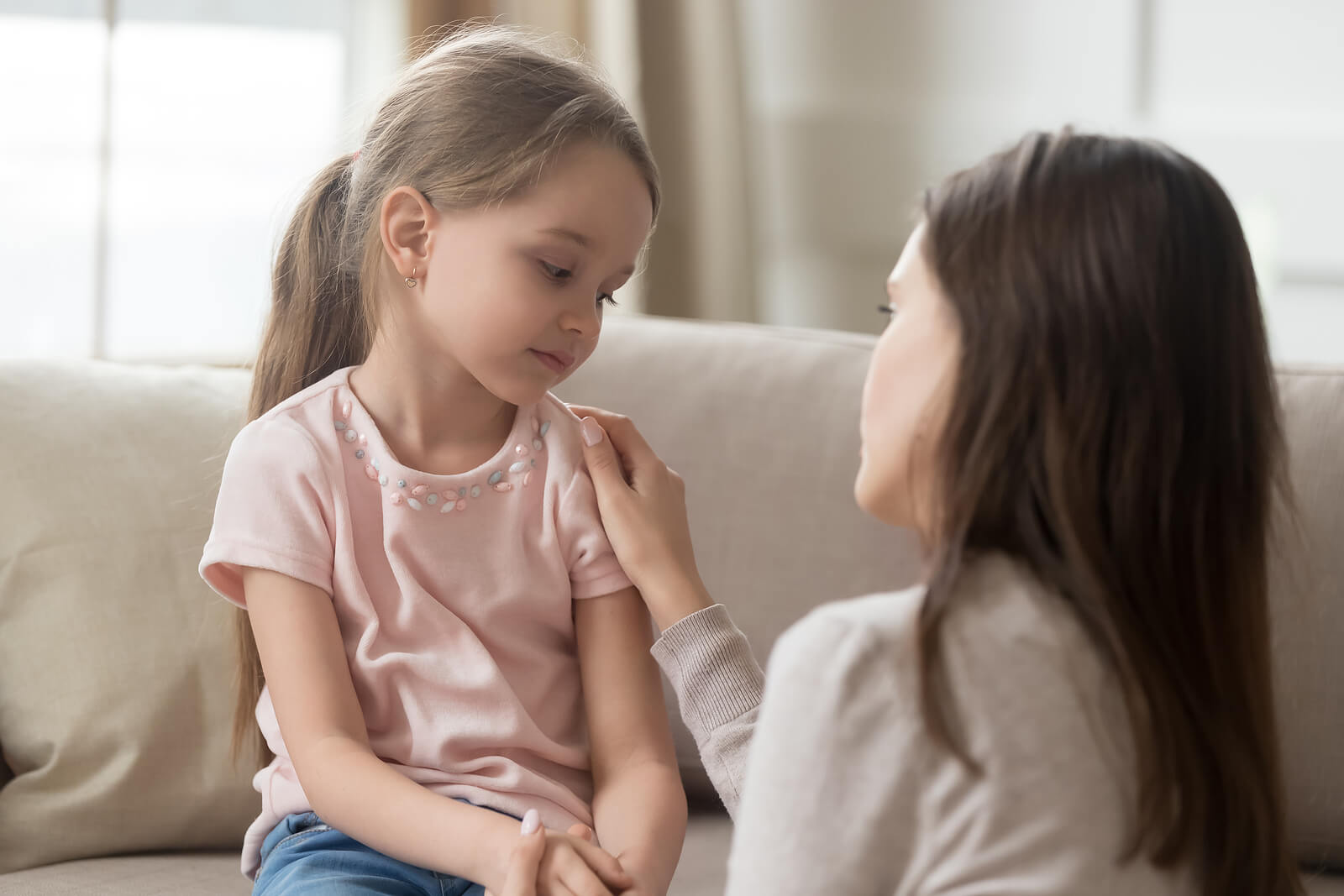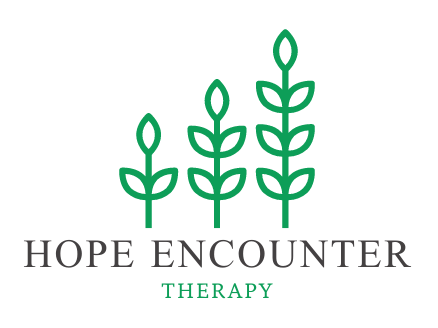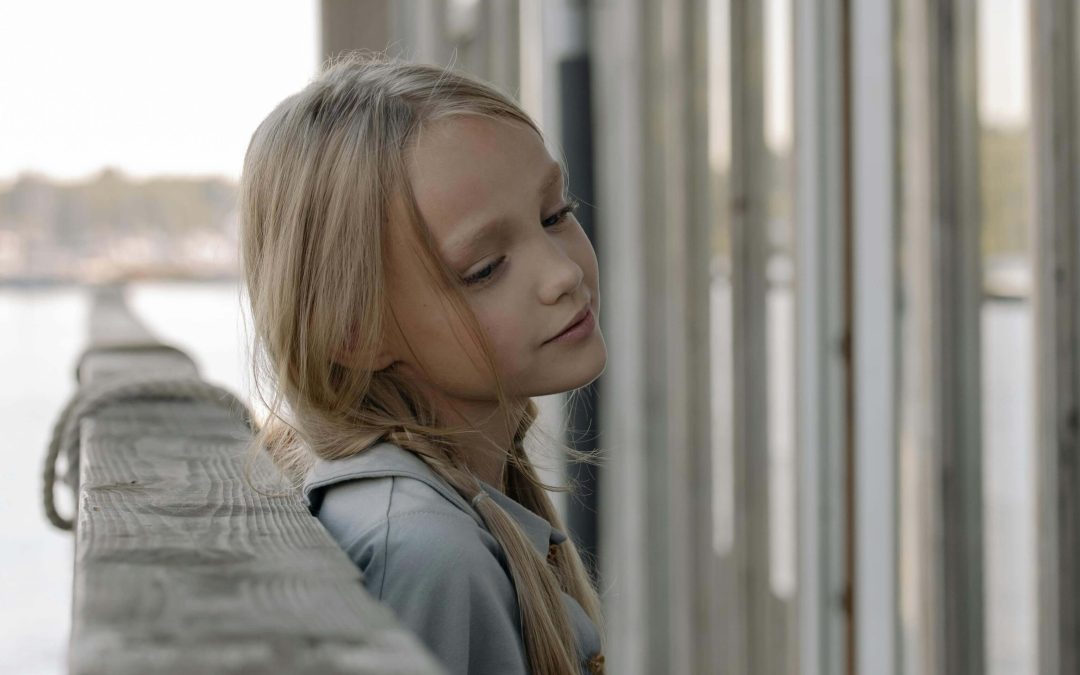As a parent, you know your child better than anyone. You notice the slight shifts—when they seem more anxious than usual, when their behavior changes, or when something feels… off. Maybe they’ve started having outbursts that seem disproportionate, or they’re pulling away in ways that don’t quite make sense.
And yet, when there’s no obvious reason-no big “event” to explain it-it’s easy to second-guess yourself.
You may wonder, “Is this just a phase? Am I overreacting?”
The truth is, many children experience unseen trauma—painful experiences that linger beneath the surface, shaping their emotions and behaviors in subtle but powerful ways. And because kids often don’t have the words to explain what they’re feeling, these wounds can go unnoticed and unaddressed.
This post is here to guide you, not to frighten you, but to inform you gently. Information can lead to awareness, giving you the power to make informed choices for your child. We’ll look at five common signs that your child may be struggling with hidden trauma, and how trauma-informed therapy, like EMDR therapy, can help them feel safe, strong, and supported again.

What Is Unseen Trauma?
Trauma doesn’t always come from obvious or catastrophic events. Yes, things like abuse, accidents, and loss are traumatic—but so are chronic emotional neglect, bullying, sudden changes, parental conflict, or repeated experiences of fear or shame.
Children are susceptible to their environments. When something overwhelms their ability to cope or feel safe, their nervous system stores that experience. This is why trauma in children often shows up not through words, but through behavior, especially when they haven’t had the chance to process what happened.
Unseen trauma doesn’t mean nothing happened. It means something happened that they couldn’t fully understand or handle at the time, and it continues to affect them today.
-
Emotional Outbursts or Mood Swings
Suppose your child goes from calm to inconsolable in a matter of seconds, or has outbursts that seem disproportionate to the situation. In that case, it may not be “bad behavior”—it may be a sign of internal overwhelm.
Trauma dysregulates a child’s nervous system. Their body may still be on high alert, scanning for danger, even when none is present. That spilled juice or teasing comment at school might trigger feelings of fear or shame that they don’t know how to express.
When kids act out, they’re often asking, “Am I safe?”—not with their words, but with their nervous system.
-
Regression in Behavior
You may notice that your child suddenly returns to earlier behaviors, such as bedwetting, clinginess, thumb-sucking, or using baby talk. These regressions are not random—they’re often a way of seeking safety and reassurance.
Regression can happen in response to trauma, even if the trauma occurred months or years ago. Children who feel emotionally unsafe may instinctively return to behaviors from a time when they felt more secure, or when they received more attention and nurturing.
This is their way of saying, “I need you. I’m scared.”
-
Avoidance or Withdrawal
Has your child lost interest in activities they once loved? Are they withdrawing from friends or refusing to talk about specific topics?
Children who’ve experienced trauma often avoid reminders of the event—even if they don’t consciously remember it. They may seem “shut down” or distant. This isn’t stubbornness. It’s a protective response. Their brain is working hard to avoid anything that might feel painful or scary.
When kids retreat into themselves, they’re not being difficult; they’re simply being themselves. They’re trying to feel safe again.
-
Hypervigilance or Anxiety
Some children seem constantly on edge—startling easily, worrying excessively, or needing frequent reassurance. This hypervigilance is common in trauma survivors. It’s as if their body is still living in the moment something scary happened, constantly preparing for it to happen again. They may have difficulty sleeping, concentrating, or separating from caregivers.
This isn’t about being “dramatic” or “nervous”—it’s about a nervous system that’s stuck in survival mode.
-
Physical Complaints with No Clear Cause
Frequent headaches, stomachaches, or other physical symptoms that don’t have a medical explanation can often be the body’s way of expressing emotional distress. Children, especially younger ones, often don’t have the language to say “I feel anxious” or “I feel sad”—but they can say, “My tummy hurts.” And those symptoms are real.
Their body is doing the talking when words can’t.

How EMDR Trauma Therapy Can Help
Here’s the good news: Kids can heal. Their brains and bodies are incredibly resilient, especially when given the right kind of support.
Trauma therapy for children doesn’t look like adult therapy. It’s gentle, creative, and adapted to their developmental level. At Hope Encounter Therapy, it may include play therapy, art, movement, EMDR, or story-based techniques that help children express what they’re feeling, often without having to relive painful memories in detail.
Our trauma-informed therapists help children:
- Make sense of confusing emotions
- Develop tools for calming their body and brain
- Restore a sense of control and confidence
- Reconnect with their joy, curiosity, and resilience
And just as importantly, therapy can help you, the parent, learn how to support your child’s healing while managing your own emotions, guilt, or fears along the way.
You’re Not Alone — and You Haven’t Failed
If you’re reading this with a lump in your throat, please know: You are not a bad parent. Noticing the signs and seeking support is one of the most loving, protective things you can do.
Unseen trauma can be sneaky. It hides in tantrums, stomachaches, and withdrawn gazes. But with the right help, healing becomes visible too—in calmer days, lighter hearts, and deeper connection between you and your child.
Ready to Take the Next Step?
If you suspect your child may be struggling with trauma, we’re here to help. At Hope Encounter Therapy, our trauma-informed therapists specialize in working with children and families to support healing with compassion, creativity, and care.
Contact us today at info@HopeEncounterTherapy.com or call: 919-335-3420
You don’t have to do this alone. Let’s walk the path to healing—together.

Helping Children Heal From Unseen Trauma with EMDR Trauma Therapy in Raleigh, NC
When a child is burdened by unseen trauma, it can affect every part of their life, from school to relationships. At Hope Encounter Therapy, we help children safely process painful memories and regain their sense of safety and confidence. Discover how EMDR trauma therapy in Raleigh, NC, can be a powerful tool in your child’s healing journey. Follow these three simple steps to get started:
- Contact us for a free consultation.
- Meet with one of our skilled EMDR trauma therapists.
- See your child begin to heal!
Additional Services Offered at Hope Encounter Therapy
At Hope Encounter Therapy, we’re dedicated to helping individuals, families, and children find meaningful healing through personalized, compassionate care. EMDR trauma therapy is one effective path we offer for children coping with unseen trauma, but our support extends beyond just one approach. For those seeking alternatives, we also provide Somatic Experiencing, Narrative Therapy, and Cognitive Processing Therapy (CPT), ensuring treatment aligns with your personal needs. Individual therapy is available as well. Whether you’re beginning your own journey or supporting someone you love, our services and blog are here to provide guidance, tools, and hope along the way.


